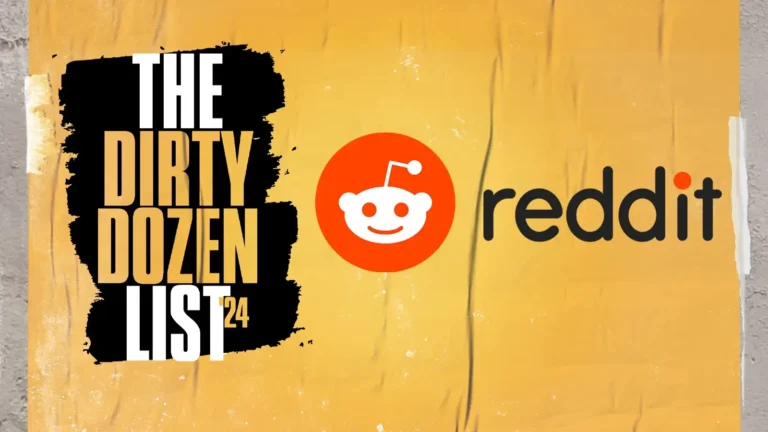A recent dispute over an electronic database used in thousands of schools in the U.S. is a reminder of the precarious balance between access and censorship—especially now that more teachers and schools are using primary sources and online materials to supplement or replace textbooks.
The dispute centers on EBSCO, an online databases and resources company with programs that are used in tens of thousands of schools around the world. Schools and districts pay thousands of dollars for access to the databases, some of which were developed specifically for K-12 students and schools. EBSCO says it aims to “select the most appropriate, educationally-valuable content to include in these databases without imposing EBSCO beliefs or biases in the selection process.”
But now, critics say that students may have been able to access explicit content through the database. A Colorado family notified an anti-pornography group, the National Center on Sexual Exploitation, after the parents found articles with links to sexual content on their teenaged daughter’s EBSCO account. (NCOSE was formerly known as Morality in Media.) The NCOSE placed EBSCO on its “Dirty Dozen List” ‐a list of organizations it describes as “major contributors to sexual exploitation,” and which, this year, also included the American Library Association and the online-retailer Amazon.com.
‘Schools have no idea’
NCOSE’s executive director, Dawn Hawkins, said she was shocked to find that EBSCO databasescould be used to search for information about sexual terms. Some articles found in the databases, including those in publications like Men’s Health, included articles with sexual, but not pornographic, content; others included active links to websites that included pornography, she said.
“Schools have no idea this is happening,” Hawkins said, arguing that administrators sign up for EBSCO’s products assuming they are fully vetted and age-appropriate. She said students who see such material might assume it is school-approved and not report it to administrators or parents.
In an email, EBSCO spokeswoman Kathleen McEvoy said that EBSCO was not aware of any instances of students using its databases to access pornography or other explicit materials. She said she believed that the searches NCOSE was concerned about had been conducted by adults actively searching for graphic materials, often on home computers that don’t have the kinds of controls and filters common on school computers.
But, she said, EBSCO had identified some issues after hearing of NCOSE’s concerns and made changes to their processes and programs—including removing active links in some articles in the database, such as those NCOSE found linking to pornography sites — after hearing of the Colorado case. McEvoy said that the company took the NCOSE’s concerns seriously and is “disheartened” to be described as aiding in exploitation.
It’s difficult to know whether other online respositories aimed at K-12 students might face similar criticisms. The NCOSE hasn’t examined other online databases used in schools.
It’s also unclear how many schools and districts use the database; EBSCO says that information is prorietary.
…
New systems at EBSCO
In her email, McEvoy said EBSCO had taken steps to improve its filtering in recent months, including removing several unspecified publications from its school databases (its database content is also proprietary), improving systems to block certain search terms, and removing links to third-party sites. It’s also added new filters and tools to allow librarians to exclude other content at their discretion.
Hawkins said that while there has been improvement, the problem had not been solved. She said that she had conducted searches on the school databses even after EBSCO made those changes, and that, while there were improvements, some inappropriate material could still be found. She pointed to articles in magazines about different sexual practices like bondage. “We’d argue that [articles such as these are] not tools for sex education,” she said.
EBSCO Information Services offers online library resources to public and private schools (K-12), colleges and universities, public libraries, and more. In its advertising for schools, it promises “fast access to curriculum-appropriate content.” However, its Explora, Science Reference Center, Literary Reference Center, and other products, provide easy access to hardcore pornography sites and extremely graphic sexual content. Innocent searches provide pornographic results. Via a system that bypasses school Internet filters, EBSCO brings the dark world of XXX to America’s elementary, middle, and high school children. Learn more about this campaign and take action here.


